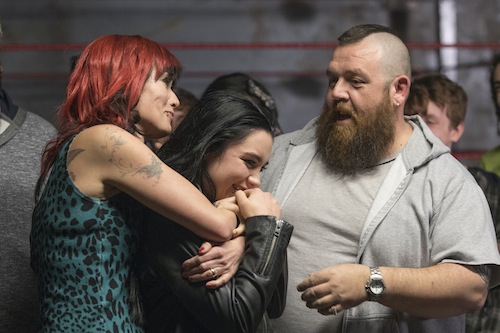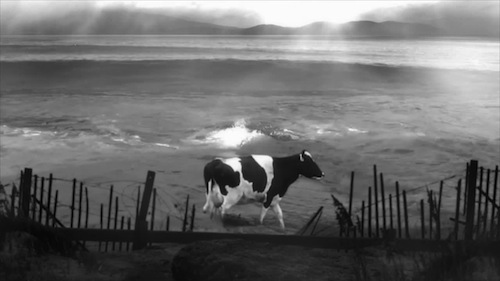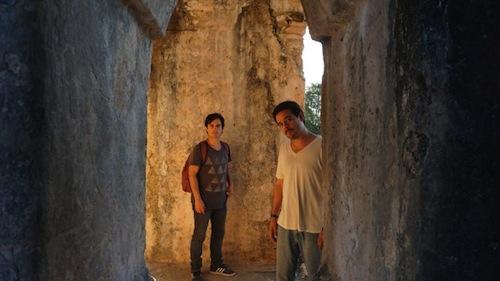Direction: Babis Makridis
Country: Greece
Pity marks the second collaboration between Greek director Babis Makridis and his fellow co-writer Efthimis Filippou, the one behind inventive scripts that made Yorgos Lanthimos famous with Dogtooth, The Lobster, and The Killing of a Sacred Deer. Actually, similarities with Lanthimos’ clean yet subversive early style, especially in what concerns to tone and aesthetics, are pretty obvious here, but this shaggy-dog tale needed some more grip in its weirdness and maybe a spectacularly tragic ending, which didn’t happen, in order to succeed.
Immersed in absurdity and deadpan humor, this dark comedy shapes as a character study of a depressed lawyer (comedian Yannis Drakopoulos) who craves the pity of others to continue living. After the tragic accident that sent his 45-year-old wife (Evi Saoulidou) into a coma, this man earned all the consideration and commiseration of every person around him.
His secretary worries about his silence and isolation at work; his longtime friend encourages him to hang out more often and rubs sunscreen on his back while at the beach; a kindhearted neighbor bakes him cakes, which he pleasantly eats in the morning in the company of his only son; and the laundry owner is always compassionate of his difficult situation. The only one looking at his case with pragmatism is his father, who promptly disregards the imaginary white hairs he claims to have grown while grieving. The described scenario radically changes when, against all the expectations, his wife recovers and returns home. By that time, dangerous thoughts invade his mind, leading to radical actions.
Sabotaging situations and lying brazenly, this man puts himself to ridicule, at the same time that proves capable of committing terrible atrocities in order to regain people’s sympathy.
Pity is morbid and ludicrous nonsense that grows tiresome, loaded with grief-imbued close-ups, trapped in a rigid pace and unchangeable atmosphere, and failing to unlock much of the positive indications patented in its inaugural phase.




























































